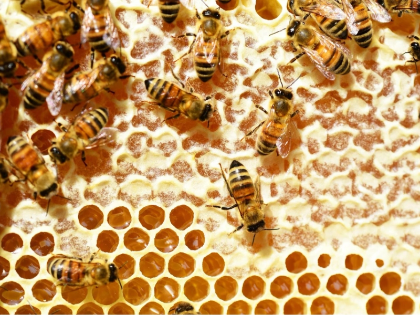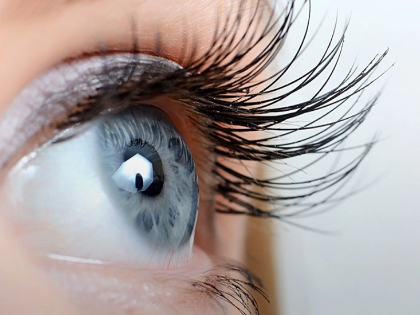Shellfish Allergies: What You Need to Know for Safe Eating

Advertisement
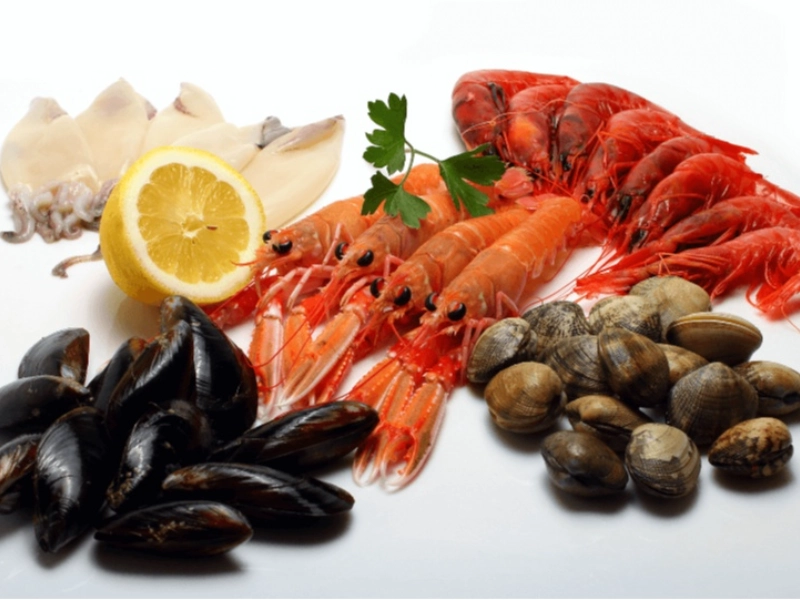 3. Forms of Shellfish Two basic groups define shellfish: molluscs and crustaceans. Molluscs comprise clams, oysters, mussels, and squid; crustaceans include species like prawns, crab, and lobster. Individuals who are sensitive to one type of shellfish should be careful not to react to another, especially in the same group. Those allergic to molluscs should steer clear of all mollusc kinds; those with a crustacean allergy should avoid all crustaceans.
4. Shellfish Allergies diagnosis Should you believe you have a shellfish allergy, you should consult a doctor. To ascertain your sensitivity to shellfish, an allergist may run blood testing or skin prick tests. Another useful tool in determining possible sensitivities is maintaining a food diary tracking symptoms in connection to shellfish intake. Establishing a management strategy and guaranteeing your safety during meal times depend on a correct diagnosis.
5. Avoiding Shellfish Avoiding shellfish totally is the best approach to control a shellfish allergy. This covers not just direct eating but also careful cross-contamination avoidance. Tell the waiters about your allergy when dining out and enquire about their cooking methods. Food labels should also be closely studied since processed meals, sauces, and dressings can conceal shellfish. Always err on the side of caution and, if doubt, steer clear of the dish entirely.
3. Forms of Shellfish Two basic groups define shellfish: molluscs and crustaceans. Molluscs comprise clams, oysters, mussels, and squid; crustaceans include species like prawns, crab, and lobster. Individuals who are sensitive to one type of shellfish should be careful not to react to another, especially in the same group. Those allergic to molluscs should steer clear of all mollusc kinds; those with a crustacean allergy should avoid all crustaceans.
4. Shellfish Allergies diagnosis Should you believe you have a shellfish allergy, you should consult a doctor. To ascertain your sensitivity to shellfish, an allergist may run blood testing or skin prick tests. Another useful tool in determining possible sensitivities is maintaining a food diary tracking symptoms in connection to shellfish intake. Establishing a management strategy and guaranteeing your safety during meal times depend on a correct diagnosis.
5. Avoiding Shellfish Avoiding shellfish totally is the best approach to control a shellfish allergy. This covers not just direct eating but also careful cross-contamination avoidance. Tell the waiters about your allergy when dining out and enquire about their cooking methods. Food labels should also be closely studied since processed meals, sauces, and dressings can conceal shellfish. Always err on the side of caution and, if doubt, steer clear of the dish entirely.
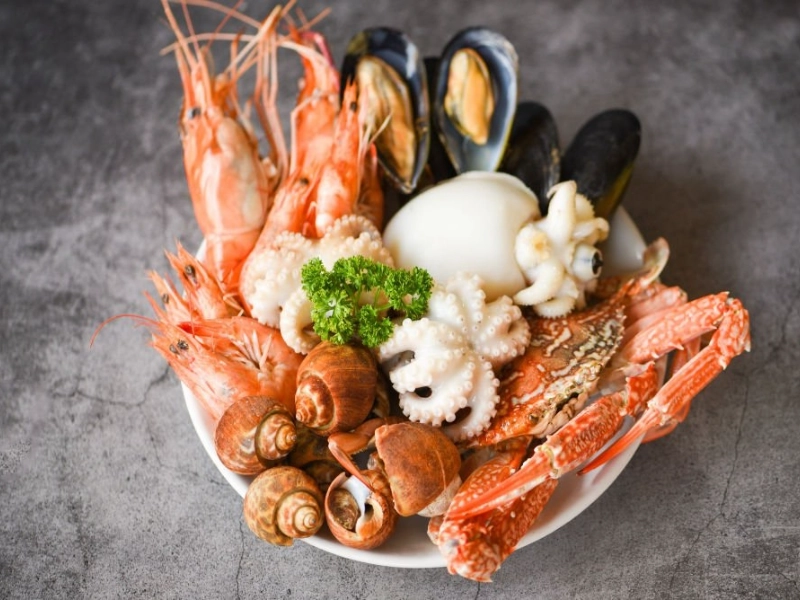 6. Cross-contamination hazards For those with shellfish allergies, cross-contamination causes great worry. This can happen in kitchens where other dishes are made alongside shellfish. One can set off a reaction even with a tiny amount of shellfish residue. When cooking for someone with a shellfish allergy, separate utensils, cutting boards, and cooking surfaces help to reduce this danger. Ask about the procedures of the restaurant to guarantee that your dinner is made safely whether you are dining out.
7. Emergency Planning For people with shellfish allergies, an emergency plan is absolutely vital. This covers always carrying an epinephrine auto-injector (EpiPen) in case of a severe allergic response. Additionally smart is teaching colleagues, friends, and relatives about your allergy and emergency response protocol. They should be familiar with EpiPen use and when to see a doctor. Being ready can bring comfort of mind and save lives.
8. Dietary Concerns Steer clear of shellfish without compromising nutrition. One should look for other sources of protein and vital minerals usually present in shellfish. Lean meats, poultry, fish (should allergies not exist), legumes, nuts, seeds, and dairy products are among the choices. See a certified dietitian or a healthcare professional to design a balanced diet fit for your nutritional requirements free from shellfish.
6. Cross-contamination hazards For those with shellfish allergies, cross-contamination causes great worry. This can happen in kitchens where other dishes are made alongside shellfish. One can set off a reaction even with a tiny amount of shellfish residue. When cooking for someone with a shellfish allergy, separate utensils, cutting boards, and cooking surfaces help to reduce this danger. Ask about the procedures of the restaurant to guarantee that your dinner is made safely whether you are dining out.
7. Emergency Planning For people with shellfish allergies, an emergency plan is absolutely vital. This covers always carrying an epinephrine auto-injector (EpiPen) in case of a severe allergic response. Additionally smart is teaching colleagues, friends, and relatives about your allergy and emergency response protocol. They should be familiar with EpiPen use and when to see a doctor. Being ready can bring comfort of mind and save lives.
8. Dietary Concerns Steer clear of shellfish without compromising nutrition. One should look for other sources of protein and vital minerals usually present in shellfish. Lean meats, poultry, fish (should allergies not exist), legumes, nuts, seeds, and dairy products are among the choices. See a certified dietitian or a healthcare professional to design a balanced diet fit for your nutritional requirements free from shellfish.
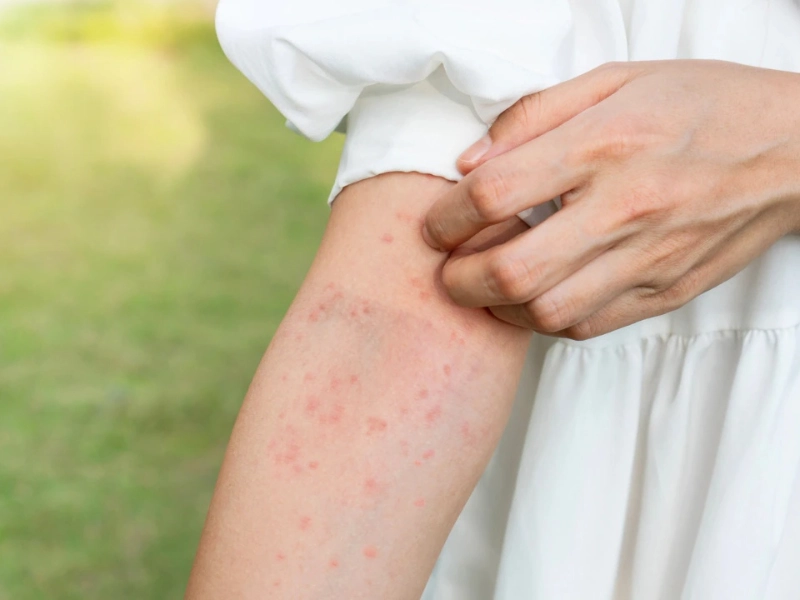 9. Share Your Allergy Concerns Managing a shellfish allergy mostly depends on good communication. Tell friends, relatives, and restaurant staff about your allergy to help them to appreciate the gravity of the disorder. Research restaurants and food selections ahead of time while travelling; also, think about packing translating cards explaining your allergy in the native tongue. By being proactive, one may guarantee safe dining experiences and aid to avoid unintentional contact.
10. Synopsis of Appropriate Eating Behaves Although shellfish allergies can seriously affect a person's health, those with correct information and preparation can enjoy good dining experiences. Effective management depends on an awareness of the many kinds of shellfish, a recognition of symptoms, and application of techniques to prevent contact. Your allergy should be communicated, you should be alert about food preparation, and you should have an emergency plan in place to help you to keep a good lifestyle and negotiate eating circumstances.
9. Share Your Allergy Concerns Managing a shellfish allergy mostly depends on good communication. Tell friends, relatives, and restaurant staff about your allergy to help them to appreciate the gravity of the disorder. Research restaurants and food selections ahead of time while travelling; also, think about packing translating cards explaining your allergy in the native tongue. By being proactive, one may guarantee safe dining experiences and aid to avoid unintentional contact.
10. Synopsis of Appropriate Eating Behaves Although shellfish allergies can seriously affect a person's health, those with correct information and preparation can enjoy good dining experiences. Effective management depends on an awareness of the many kinds of shellfish, a recognition of symptoms, and application of techniques to prevent contact. Your allergy should be communicated, you should be alert about food preparation, and you should have an emergency plan in place to help you to keep a good lifestyle and negotiate eating circumstances.
Advertisement




